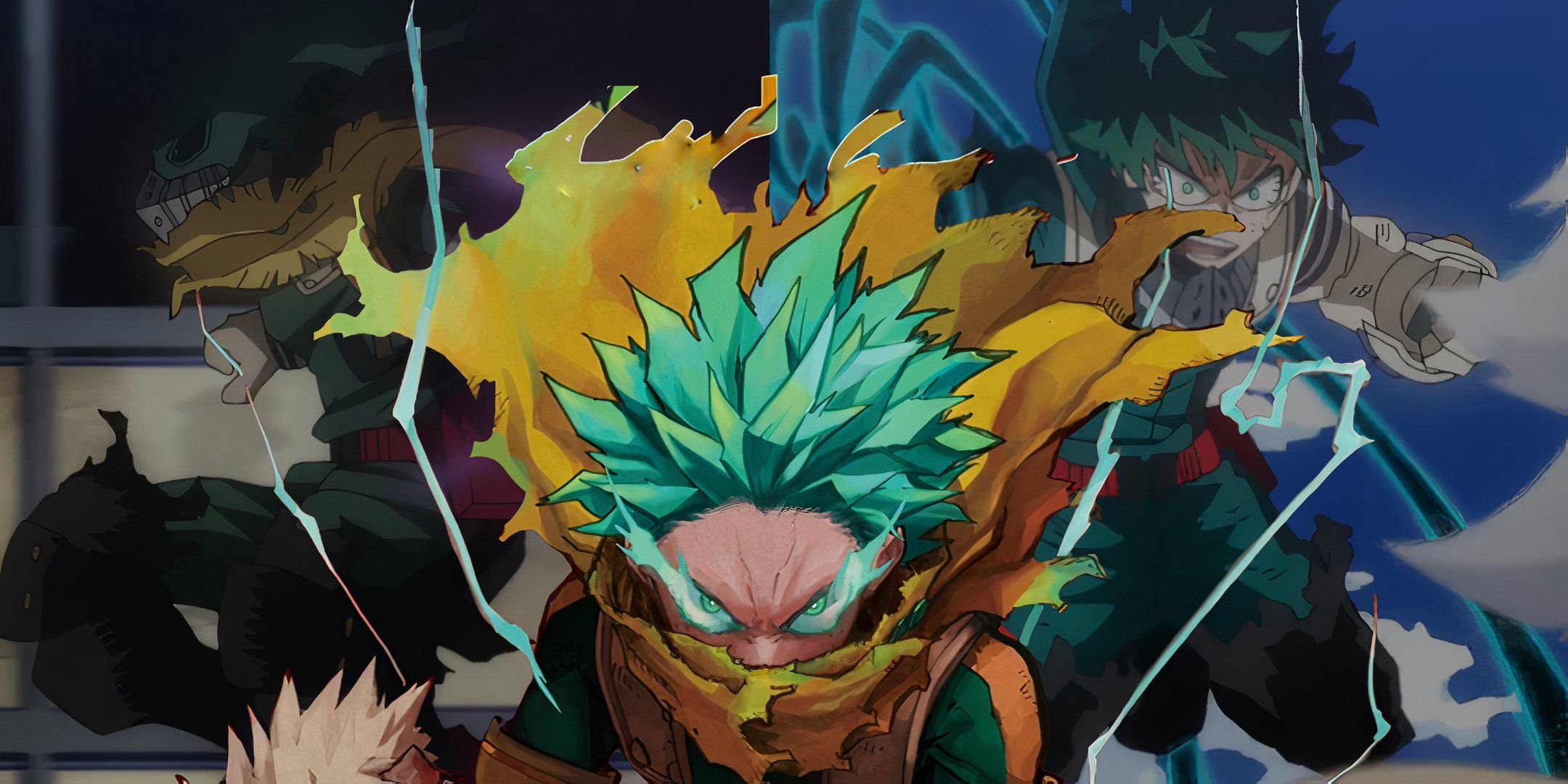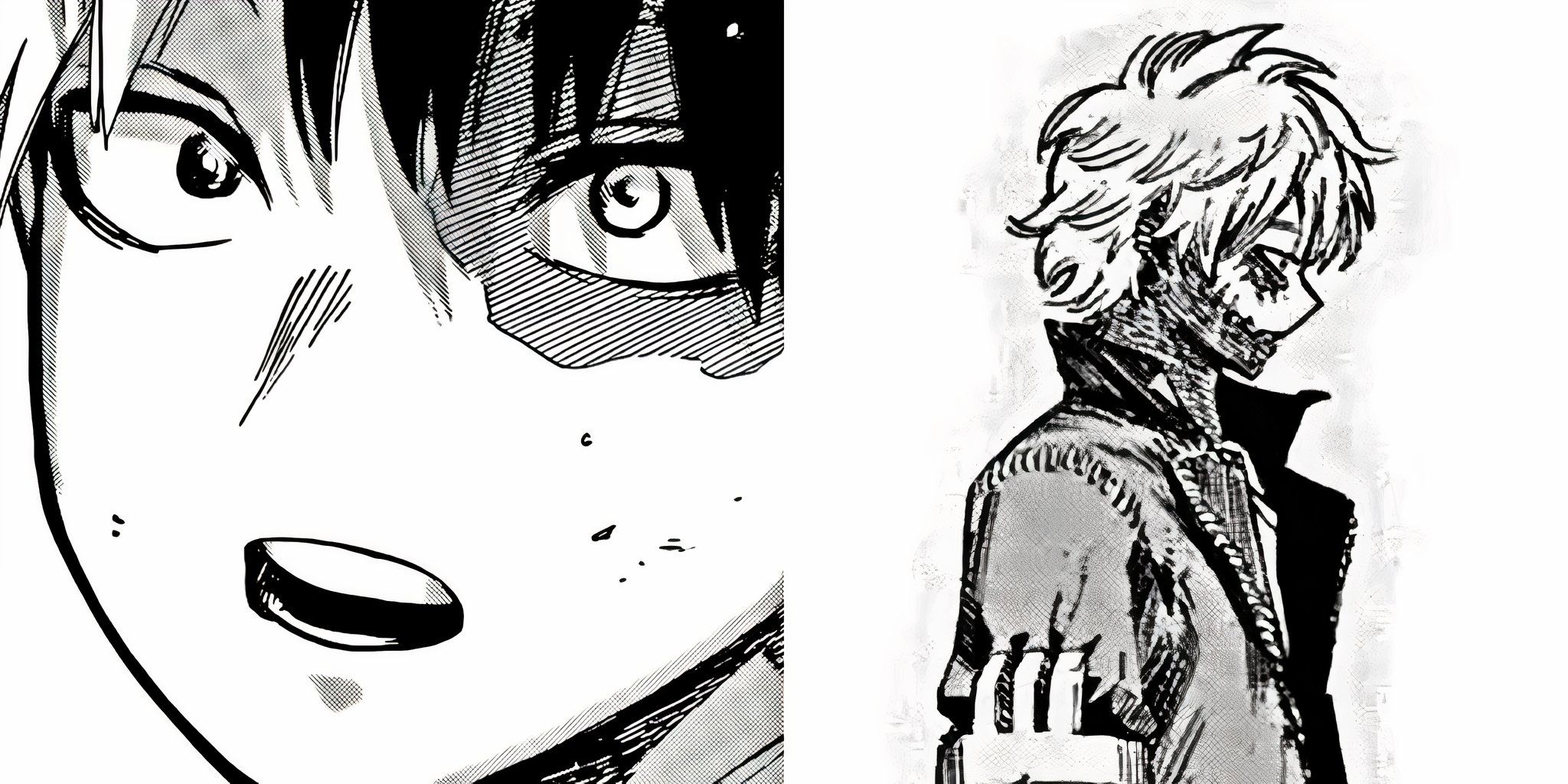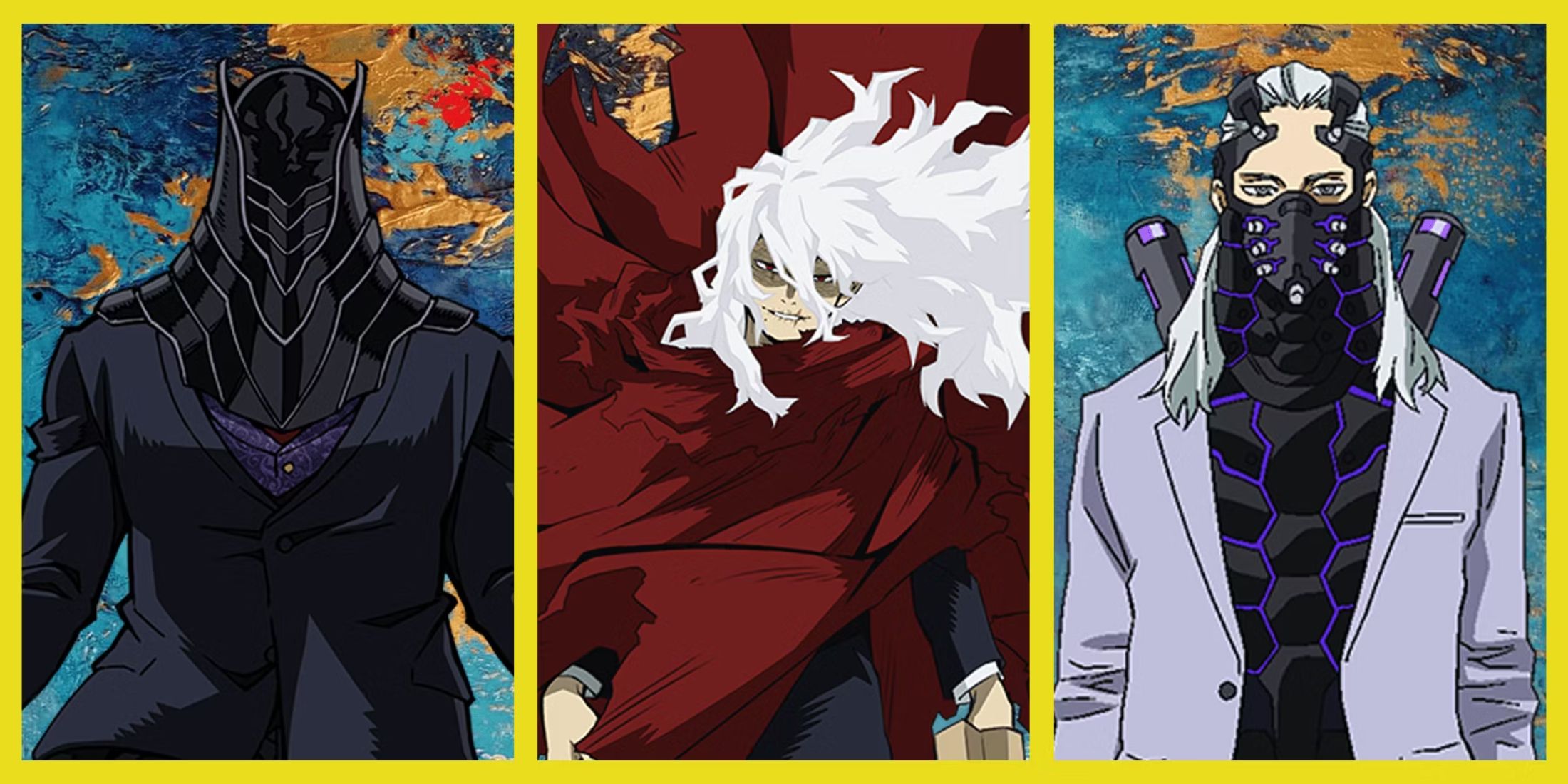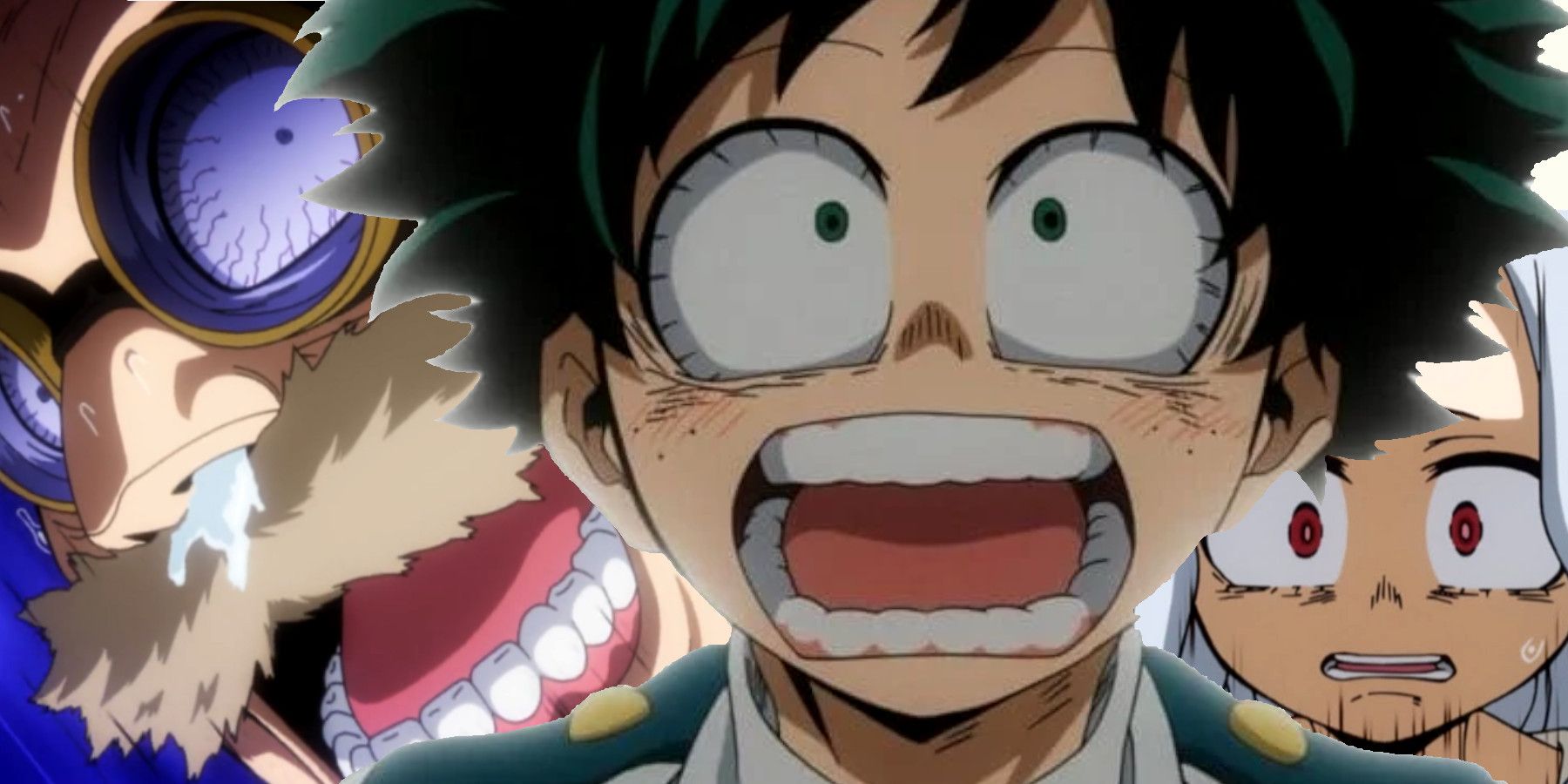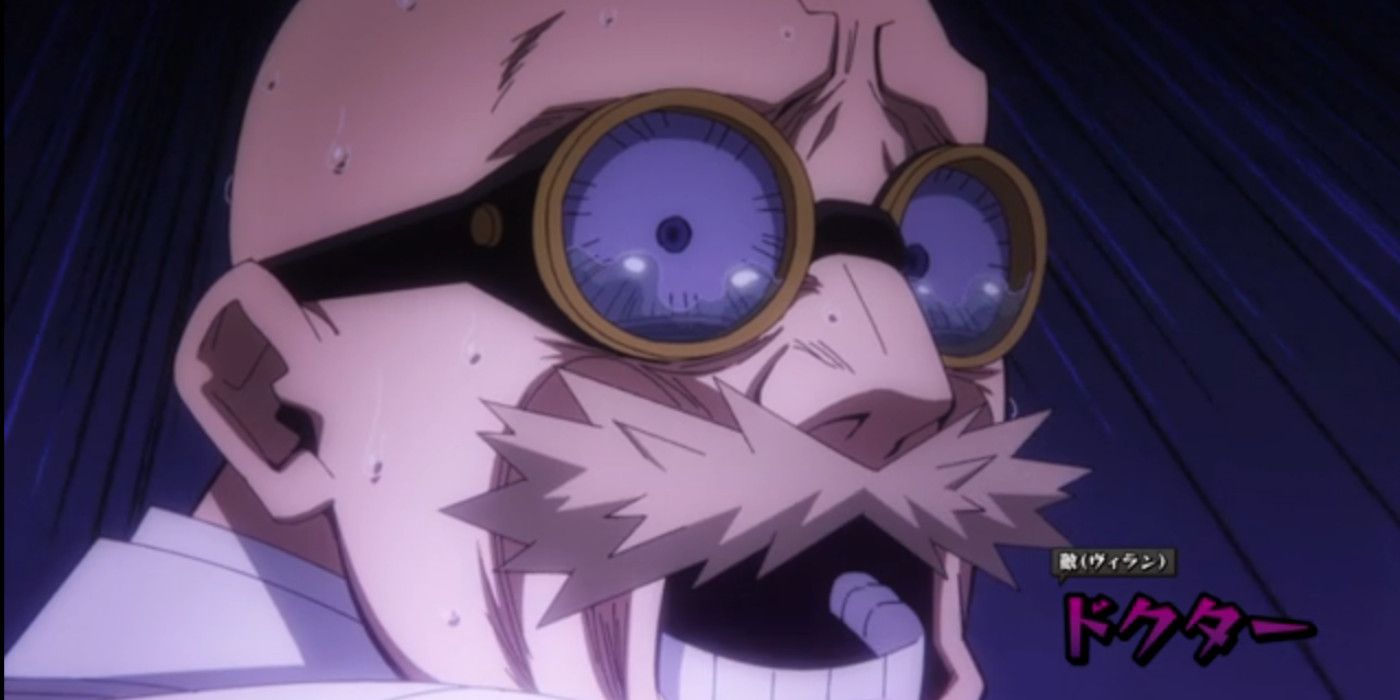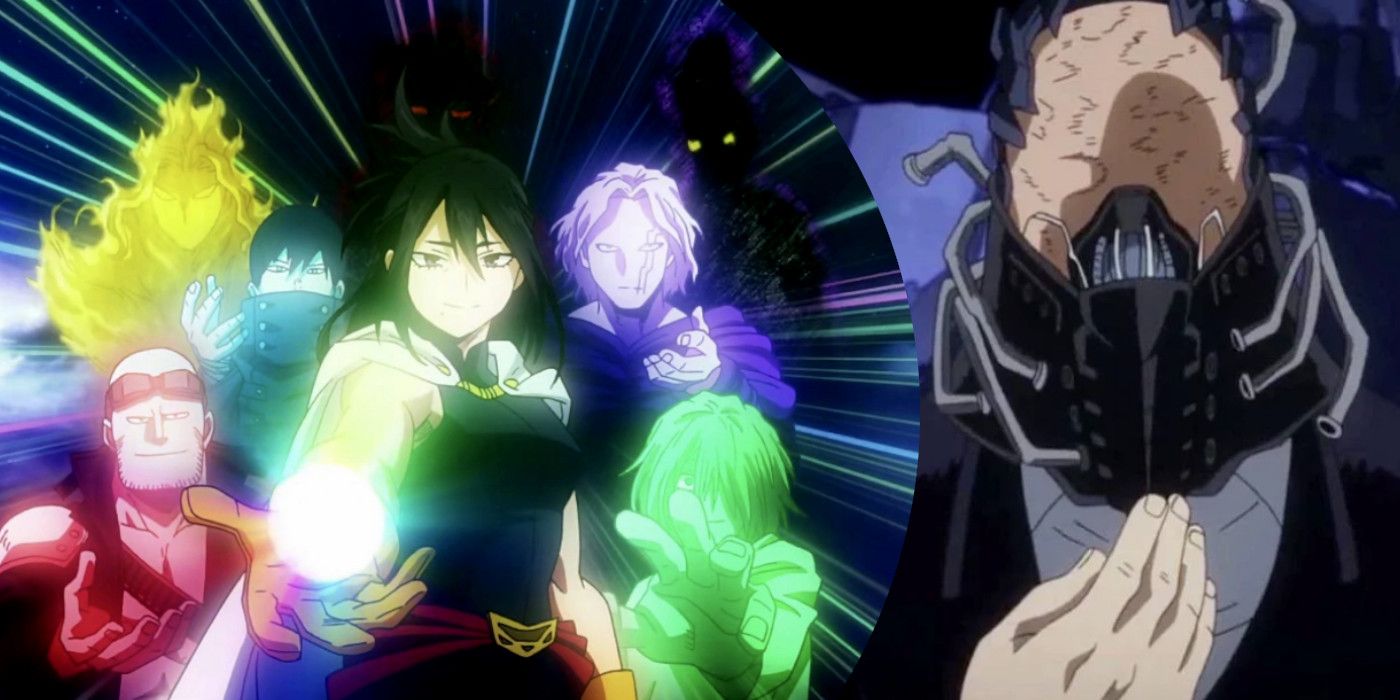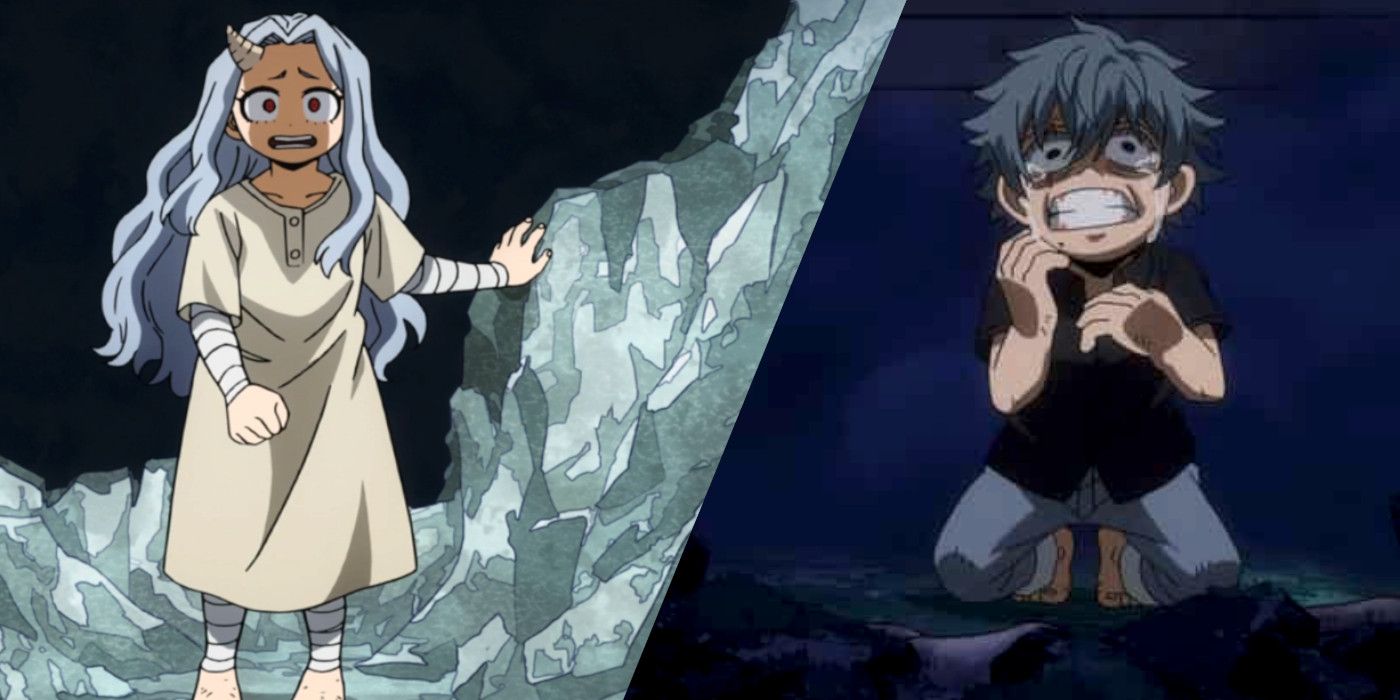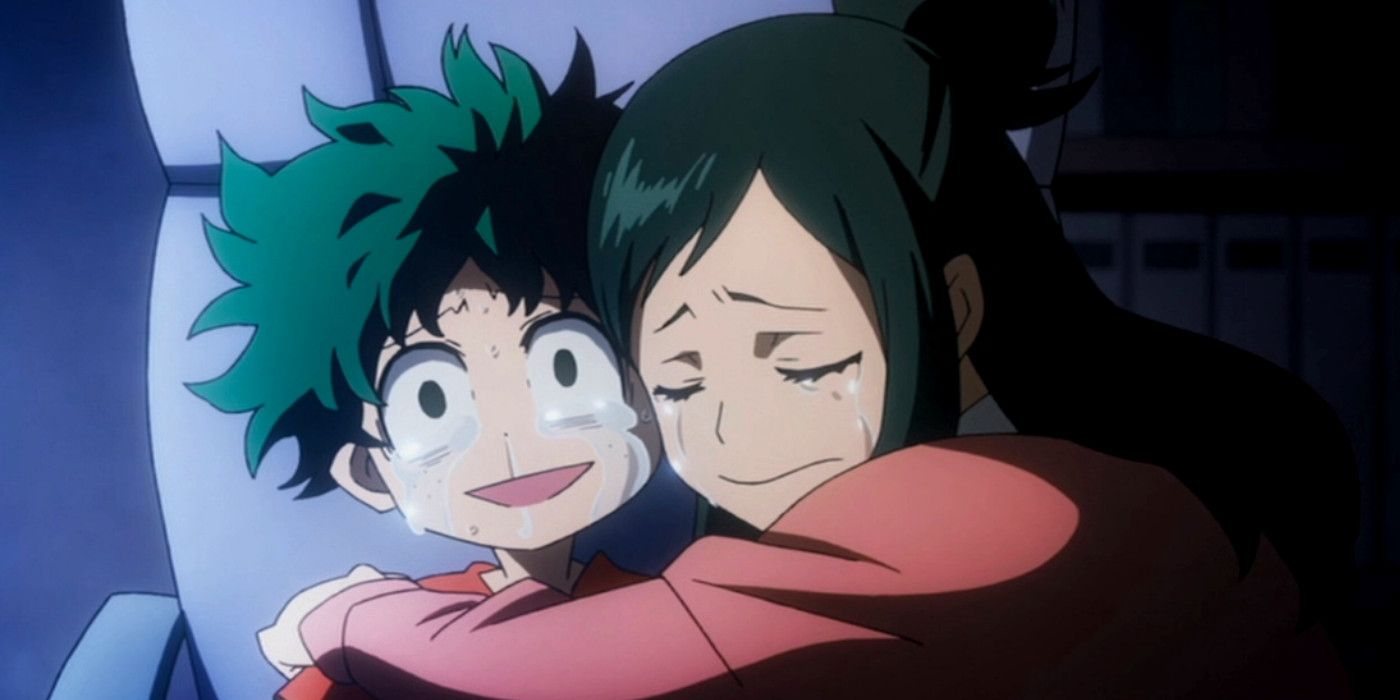The article contains spoilers from My Hero Academia Season 6, currently streaming on CrunchyrollSeason 6, episode 4 of My Hero Academia reveals the mastermind behind the infamous Paranormal Singularity Theory, a man previously believed to be dead, but is actually living large at over a hundred years old! Dr. Daruma Ujiko, aka Kyudai Garaki, conceived this Doomsday hypothesis many moons ago, but his "delusional" prophecies are becoming harder to ignore as the storyline progresses.
Several beloved (and revered) characters already show distinct signs of conforming to the Singularity Theories' expectations, which does not bode well for the future (if the doctor is to be believed.) Very soon, it won't just be radical cults like Humarise who take Ujiko's claims seriously, however, it might just be too little, too late.
Apocalyptic Predictions
Even though 80% of the population in My Hero Academia possesses a Quirk of some kind, not all of them are necessarily useful, while others are purely potent. However, t isn't easy to determine what superhuman capabilities will be passed on to the next generation, as the reproductive process has an unpredictable effect on the Quirk's hereditary factors. In Dr. Ujiko's less-than-humble (yet educated) opinion, each new wave of new Quirk users is likely to be more powerful than the last, which will work out fine for a few years, until, well, it doesn't.
Much in the same way as compound interest works, the Paranormal Singularity Theory suggests that the Quirks will exponentially build upon each other with each age group, but unfortunately, there is only so much the human body can take. Eventually, the gene pool will be so flooded with mutations that humanity will not be able to keep up, subsequently causing the Quirks to rage out of control and eventually lead to the destruction of the entire species (if not the world.)
When this theory was first presented seventy years ago, the general populous refused to heed Dr. Ujiko's warning, opting to look on the bright side while they swept his concerns under the rug while his proposal was mockingly nicknamed the Quirk Singularity Doomsday Theory. the scientist lost all credibility thereafter, and Dr. Ujiko faded out of the public eye, thought to have perished, while the philanthropist and respectable physician, Kyudai Garaki, emerged from the woodworks.
Prime Specimens
One For All (and, in the same respect, All For One) originally consisted of a singular Quirk, which has been built upon by adding multiple abilities after each successor passes the torch, and is the perfect example of a genetic timeline of sorts. Deku initially struggled significantly to gain control over his overpowered capabilities and wounded himself greatly in the process (on multiple occasions!) whereas All Might and those before him (assumedly) did not have as rough a time inheriting the Quirk. But does that simply mean that Deku was weaker?
The fact that Izuku was originally Quirkless meant his body had to adapt at an unnatural rate, however, Yagi Toshinori was born with the same "defect" (and was arguably just as weak, before his impressive glow-up.) Keep in mind that each time One For All is transferred, it becomes more powerful, subsequently making the burden on the body greater with every generation. If Ujiko's theory is to be believed, then pretty soon many individuals will face the same issues that Deku had to overcome, but will likely not have as much support (or a handy Recovery Girl nearby!) Imagine a hoard of four-year-olds running around with intesense superpowers that would likely be harmful (if not fatal) to themselves and others; kind of like a young Shigaraki-styled Sad-Mans Parade!
The Proof is in the Pudding
It becomes much easier to envision Dr. Ujiko's bleak prophecy surrounding his Paranormal Singularity Theory once viewers get to meet the sweet, innocent, and utterly deadly, Eri. It is evident that this young girl does not have a sinister bone in her body, and yet she has access to an unfathomable amount of power, over which she has little control over. For everyone's safety, Eraser Head has to be permanently on-call so that he can nullify Eri's Quirk as soon as it gets out of hand, as her time-reversal abilities could potentially wipe everybody out of existence.
Nobody else in Eri's family tree wields a power like Rewind, which in itself is proof that genetic mutations are at work here, to compensate for the amalgamations of Quirks in her bloodline. Unfortunately, Eri physically (and emotionally) cannot cope with her abilities, and she is also not the first. Shagaraki,Bubaigawara, Himiko, and many others have been gifted with overwhelmingly full-bodied Quirks without the corresponding adaptive strategies, and so society kicked them to the sidelines, leaving them to their own devices (just like with Ujiko.) And just look how well that has turned out.
Debunked By Darwin?
If Eri is proof that a body overburdened with superhuman capabilities will inevitably lead to death and destruction, then surely the fact that people such as Deku still exist counteracts that argument ever so slightly? If Darwin's Theory of Evolution has anything to do with the biological progression of Quirks in My Hero Academia, then at some point, natural selection should come into effect to save humanity from extinction. This could result in more Quirkless offspring being born into the world to balance out the gene pool a bit (and essentially water down the Quirk's overall potency in their children.) While currently, only 20% of the population are Quirkless, if the scales are tipped severely enough it may become virtually impossible for those with Quirks to reproduce exclusively among themselves, leading to the phyletic gradualism of the human race.
Alternatively, epigenetics could take over whereby the species as a whole "subconsciously" become aware of their impending doom and opt to be more selective about the DNA sequencing of the next generation. Instead of overwhelming the system such as in Eri's case, humans could essentially learn from past mistakes and adapt the Quirk adoption process (on a molecular level.) Instead of creating an amalgamation of new superpowers, the human genome could follow a similar strategy to other hereditary features, such as eye color (whereby only the dominant gene is passed on.) The more-intense Quirks with a high-mortality rate would subsequently fade out of existence, leaving room for more manageable Quirks to propagate the gene shift.

